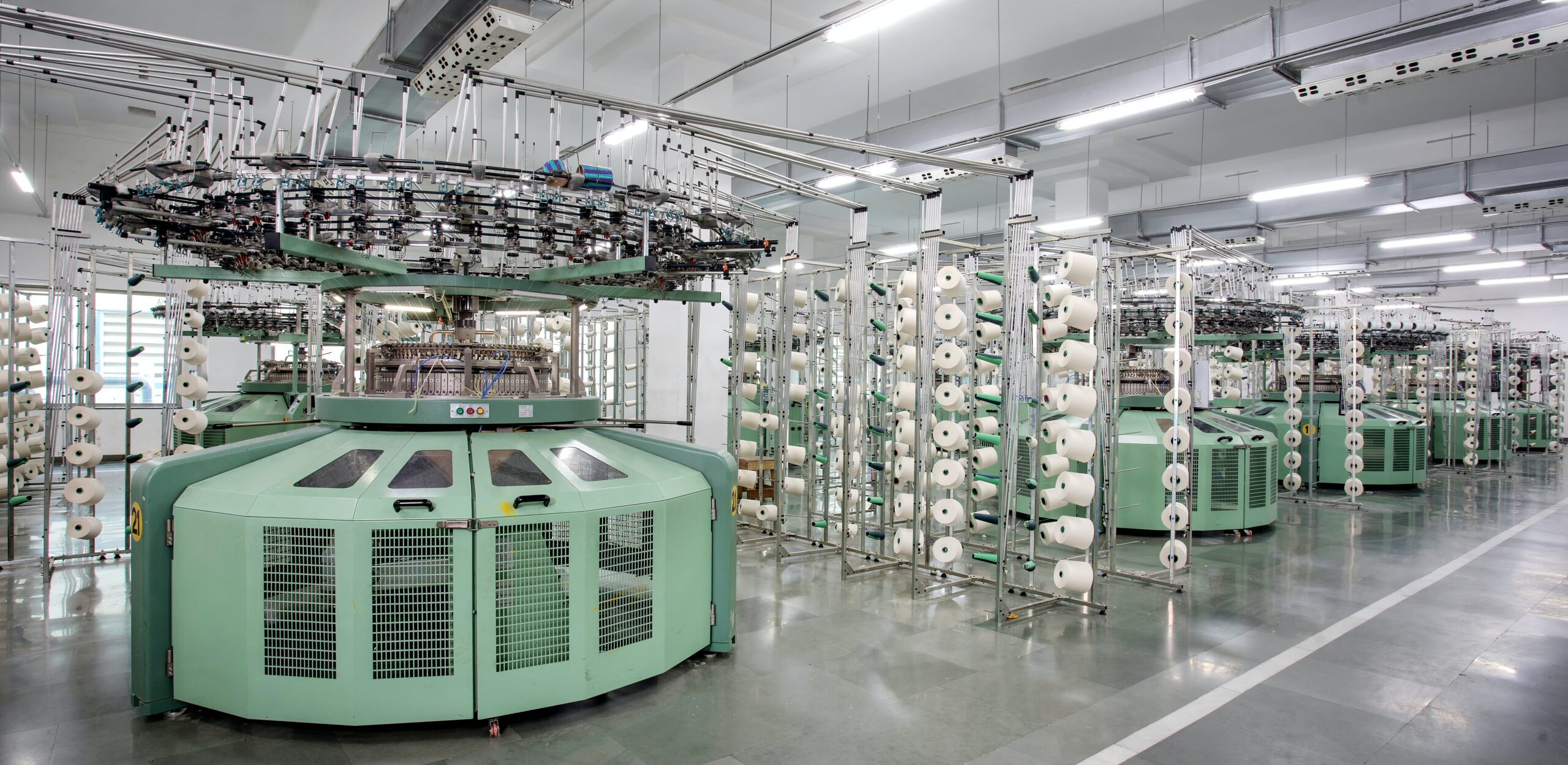organizations are increasingly leveraging process automation to enhance operational efficiency, reduce costs, and drive innovation. This article explores the concept of digital process automation, its role in gaining a competitive advantage, how it accelerates digital transformation, and what the future holds for this dynamic field.
What is digital process automation?

Digital process automation (DPA) refers to the use of technology to streamline and automate business processes, tasks, and workflows. It combines robotic process automation (RPA), artificial intelligence (AI), machine learning (ML), and other technologies to automate repetitive and rule-based tasks, enabling organizations to focus on strategic initiatives and deliver enhanced customer experiences.
Digital process automation (DPA) is a comprehensive approach to streamlining and optimizing business processes using digital technologies. It involves the use of various tools and techniques such as robotic process automation (RPA), artificial intelligence (AI), machine learning (ML), and workflow management systems to automate and orchestrate complex tasks and workflows.
DPA goes beyond simple task automation by encompassing end-to-end process automation, enabling organizations to achieve higher levels of efficiency, accuracy, and agility. By automating routine and repetitive tasks, DPA allows employees to focus on more strategic and value-added activities, driving operational excellence and delivering enhanced customer experiences. It empowers organizations to adapt to the rapidly changing digital landscape and stay competitive in the digital era.
How digital transformation is a competitive advantage?
Digital transformation has become a crucial factor for businesses to maintain a competitive edge. By embracing digital technologies, organizations can optimize processes, improve agility, and gain valuable insights from data. It enables organizations to adapt to changing customer expectations, disrupts traditional industries, and unlocks new revenue streams.
How Process Automation Accelerates Digital Transformation:

Process automation plays a pivotal role in accelerating digital transformation efforts. It enables organizations to automate manual and time-consuming tasks, reduce errors, improve efficiency, and free up resources to focus on more strategic initiatives. Automation also enables seamless integration between systems, data sources, and applications, facilitating a connected and agile digital ecosystem.
What is the future of digital process automation?
The future of digital process automation is promising. As technology continues to advance, organizations can expect increased sophistication in automation solutions. The convergence of AI, ML, and cognitive technologies will enable intelligent automation, where systems can learn and adapt, making autonomous decisions and driving continuous process improvement. Furthermore, the integration of DPA with emerging technologies such as the Internet of Things (IoT) and blockchain will open up new possibilities for automation across industries.
Conclusion:
In the digital era, process automation has become a strategic imperative for organizations aiming to stay competitive. By embracing digital process automation, businesses can optimize operations, enhance customer experiences, and drive innovation. The future of process automation looks promising, with intelligent automation and integration with emerging technologies paving the way for even greater efficiencies and business transformation.
FAQs (Frequently Asked Questions):
What is the difference between process automation and digital process automation?
Process automation refers to the automation of specific tasks or workflows, while digital process automation encompasses a broader approach that leverages digital technologies to transform end-to-end business processes.
How does digital transformation impact customer experiences?
Digital transformation enables organizations to deliver personalized and seamless customer experiences through improved process efficiency, data-driven insights, and the integration of digital touchpoints across the customer journey.
Can process automation replace human jobs?
Process automation is designed to augment human capabilities rather than replace them. It allows humans to focus on higher-value tasks that require creativity, critical thinking, and complex decision-making.
What are some challenges organizations may face in implementing digital process automation?
Challenges may include resistance to change, integration complexities with existing systems, data security concerns, and the need for skilled resources to design and implement automation solutions.
How can small businesses benefit from digital process automation?
Small businesses can benefit from digital process automation by streamlining operations, reducing costs, improving efficiency, and gaining a competitive edge through enhanced customer experiences and agility.

